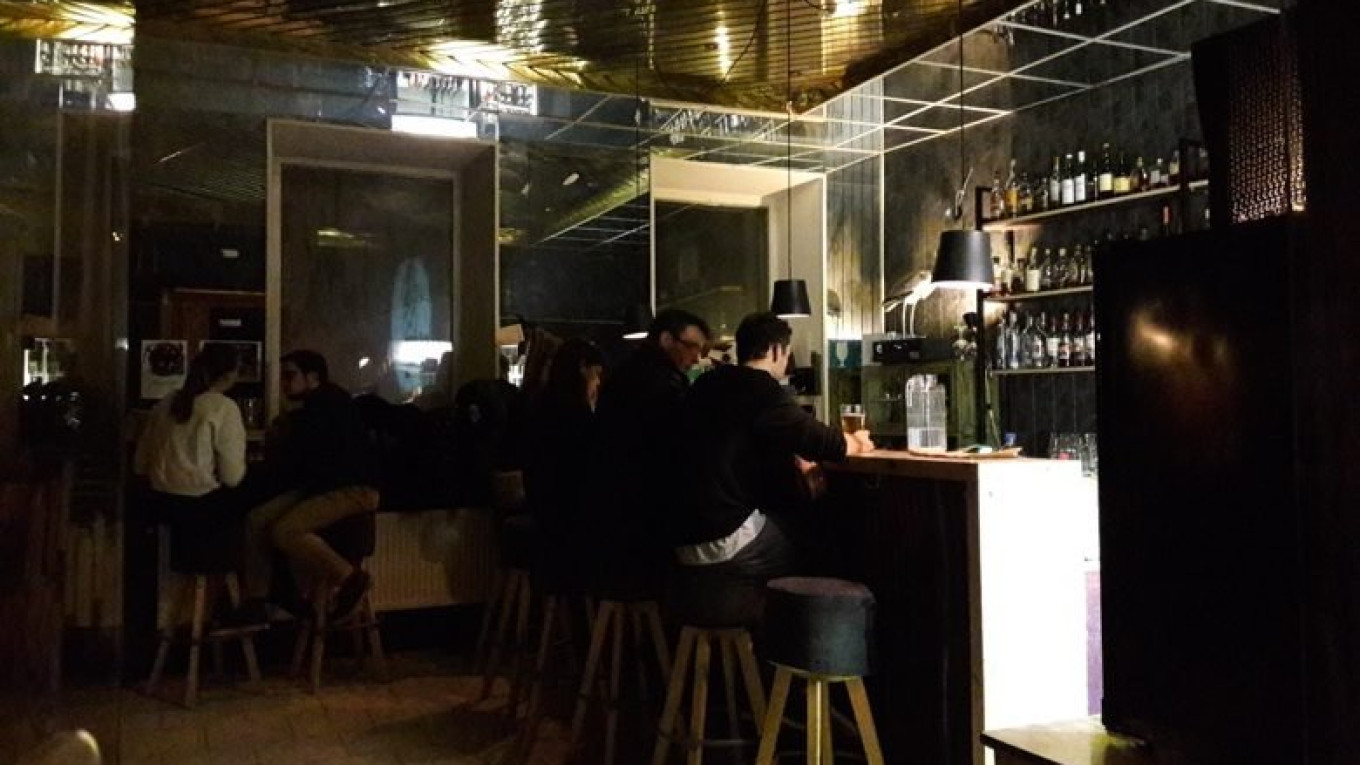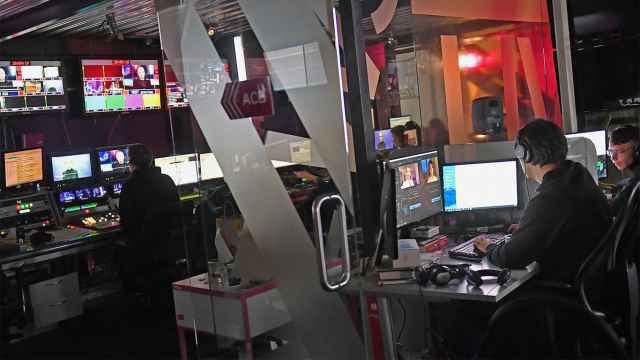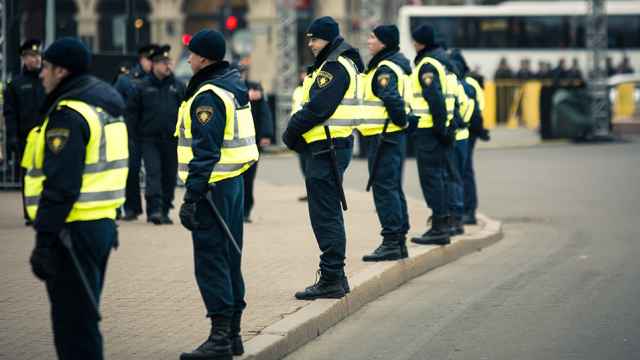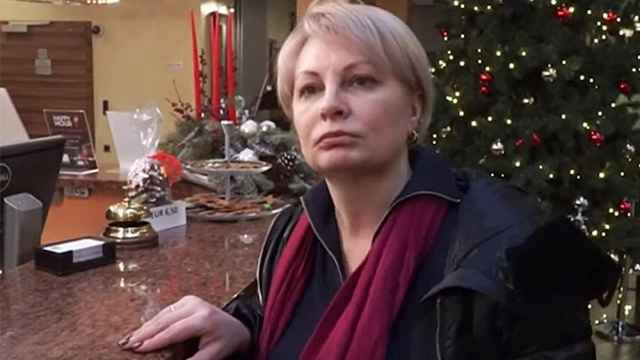Two suspects have been detained in Riga following a grenade attack at a bar where journalists from the BBC Russian service had gathered, Latvian police said Sunday.
While police claimed the motive was a “personal” conflict with the bar’s owners, many have speculated that it was a targeted intimidation effort against the journalists.
An unidentified man threw an RGD-5 training grenade into Čē, a popular bar for Russian exiles in downtown Riga, at around 11 p.m. local time Saturday and fled.
Several journalists from the BBC Russian service were at the bar to celebrate a colleague’s departure and move to another country.
The explosion happened after one of the journalists tried to kick the training grenade away after it landed next to him, witnesses told The Moscow Times.
While no serious injuries were reported, some of the journalists present said they were stunned by the explosion.
"We heard a sound like a dozen light bulbs exploding at once, it was deafening... I had a bad headache and I couldn’t fall asleep. Now my condition is returning to normal," one of the journalists who was at the bar told The Moscow Times.
"I felt very frightened and my ears popped. I haven't felt so much adrenaline in a long time," a female reporter told The Moscow Times on condition of anonymity because she was not allowed to comment on the incident publicly.
Bar patrons “ran after [the attacker] and tried to catch him, but a black BMW was waiting for him at the exit, and he quickly jumped into it and left,” BBC Russian correspondent Ilya Barabanov said in a YouTube interview.
The journalists found the grenade’s fuse and pin in the bar room, he said.
The Latvian capital is one of several hubs for exiled journalists fleeing Russia’s wartime censorship laws passed after it invaded Ukraine in February 2022. Many independent journalists, as well as the Russian bureaus of the BBC, Radio Free Europe/Radio Liberty, Deutsche Welle and others, are now based there.
Latvian police arrived at the bar in Riga shortly after the grenade explosion to collect eyewitness testimonies.
Later on Sunday morning, law enforcement authorities announced they had detained two unidentified male suspects.
In their statement, the police said preliminary information indicated that the attacker had “a personal conflict in this bar” that was “not related to the presence of independent Russian journalists.”
However, some of the journalists believe that the attack may have been linked to their work, the independent news website Novaya Gazeta Europa reported.
BBC Russian journalist Olesya Gerasimenko wrote on X (formerly Twitter) that she did not believe the police’s version of the attacker’s motive.
“It looks to me like deliberate intimidation of journalists and a threat to their lives,” Gerasimenko wrote.
A Message from The Moscow Times:
Dear readers,
We are facing unprecedented challenges. Russia's Prosecutor General's Office has designated The Moscow Times as an "undesirable" organization, criminalizing our work and putting our staff at risk of prosecution. This follows our earlier unjust labeling as a "foreign agent."
These actions are direct attempts to silence independent journalism in Russia. The authorities claim our work "discredits the decisions of the Russian leadership." We see things differently: we strive to provide accurate, unbiased reporting on Russia.
We, the journalists of The Moscow Times, refuse to be silenced. But to continue our work, we need your help.
Your support, no matter how small, makes a world of difference. If you can, please support us monthly starting from just $2. It's quick to set up, and every contribution makes a significant impact.
By supporting The Moscow Times, you're defending open, independent journalism in the face of repression. Thank you for standing with us.
Remind me later.







